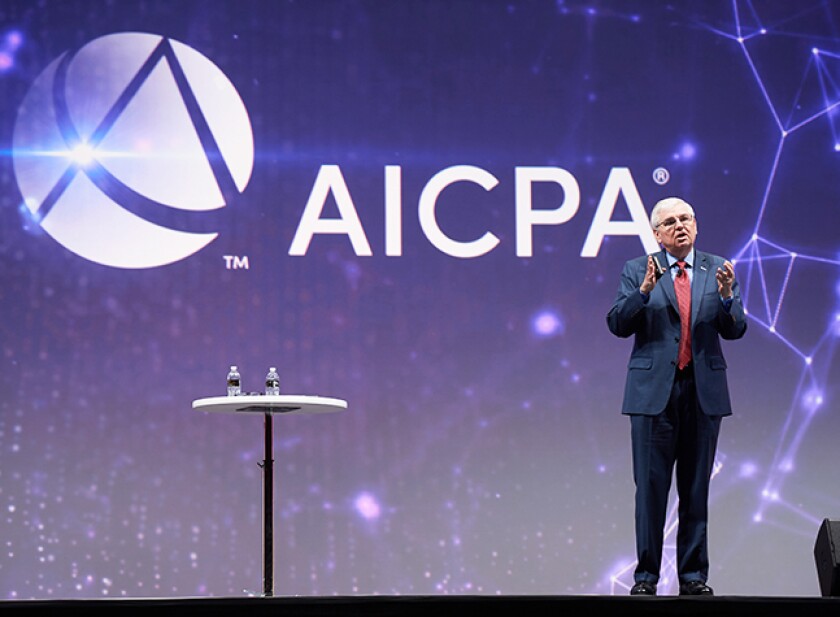Payments unicorn Stripe contends it has the financial power to apply its technology to coronavirus medical care, remote telework, business funding, and easier onboarding for companies that have been suddenly thrust into an internet existence.
Stripe on Thursday said it raised a fresh $600 million from Andreessen Horowitz, General Catalyst, GV and Sequoia, under the same terms and valuation as its existing Series G funding. Stripe in the past several years has drawn a series of investments from these and other VCs that have helped its valuation skyrocket to more than $36 billion.
As part of the investment, Stripe said it has enabled a bundle of coronavirus-related programs, such as "fast access" to funds via instant payouts, Stripe Capital, Stripe Corporate Card and other measures to help small businesses access government aid. Stripe Capital contends it can turn around merchant credit requests within a day, a key element as Stripe battles Square and PayPal to rescue the small businesses that are closed due to stay-at-home orders and often have only a few weeks or less of cash on hand.
Stripe's new investment comes less than a week after PayPal President and CEO Dan Schulman said his firm would make fast loans for small businesses as part of government aid packages.

Square recently received an industrial bank license, which will allow it to directly make loans to small businesses. Kabbage earlier this month reported it had accepted nearly 40,000 applications for small business loans as part of the government’s recovery effort.
These moves come as the U.S. government’s small business lending facility under the Paycheck Protection Program initial funding runs dry, and is awaiting a new tranche of government funding. Stripe and other fintechs such as Square, PayPal and Kabbage have also tried to extend their credit programs for small businesses during the coronavirus-related economic downturn.
The “new normal” of COVID-19-influenced retail is actively being exploited by fraudsters, as LexisNexis Risk Solutions finds fraud costs for U.S. retailers rising in 2020 by 7.3% over last year’s data.
Senate and House Republicans introduced legislation that would give businesses refundable tax credits against payroll taxes to meet some of the expenses associated with reopening during the novel coronavirus pandemic.
The American Institute of CPAs offered six policy suggestions for the next phase of federal COVID-19 relief legislation under consideration in Congress.
“Being able to originate a lending facility digitally matters,” said Richard Crone, a payments consultant, adding firms like Square and PayPal have demonstrated the scale to support fast lending to small businesses. “Square and PayPal allow you to press a button and, if you qualify, get credit against your future receivables. … Stripe is going to have to move at PayPal’s speed.”
Beyond that investment, Stripe made several other moves, such as fast-tracking support for telemedicine providers such as Solv, which is working with Stripe to provide physician-assisted forms of coronavirus testing and same-day urgent care. The payment company has elastically scaled capacity for businesses that are already using Stripe to process payments, noting that some, such as Instacart, have seen as much as a 300% increase in customer demand year over year.
Stripe has also reduced the work involved in launching a business on its platform, including enabling farmers to sell produce online, working with mall operator Westfield to support a platform to help retailers move online in Australia, a partnership with U.S. restaurant technology firm ChowNow to launch a loyalty product and a deal with French B2B farmers market RungischezVous to use Stripe to sell directly to consumers.
Stripe reports it has more than $2 billion on its balance sheet, and in 2020 has added Caviar, Coupa, Just Eat, Keap, Lightspeed, Mattel, NBC and Paid as clients. On Thursday, Stripe said telemeeting firm Zoom, which has jumped in usage over the past few weeks, will use Stripe to modernize its payments system and expand internationally.
As businesses recover from the pandemic's economic toll, Stripe will be in competition with other fintechs and traditional merchant acquirers.
Stripe also competes with merchant services providers FIS, Fiserv and Global Payments, which have all bolstered their ties to banking in the past year through a series of mergers that combine payment processing with card issuance.
“Stripe has to move fast here, and they’re going big,” Crone said.
Stripe has incrementally added to its core base of enabling businesses to sell online. The company earlier this year partnered with Splitit to support point of sale credit, expanding Stripe's profile in installment payments, which are an increasingly popular alternative to credit cards for larger purchases.
More recently Stripe made a Series A investment in Fast, a San Francisco startup that enables a universal buy button for multiple merchants, giving Stripe access to technology similar to the card networks' universal payment experience for card not present transactions.






